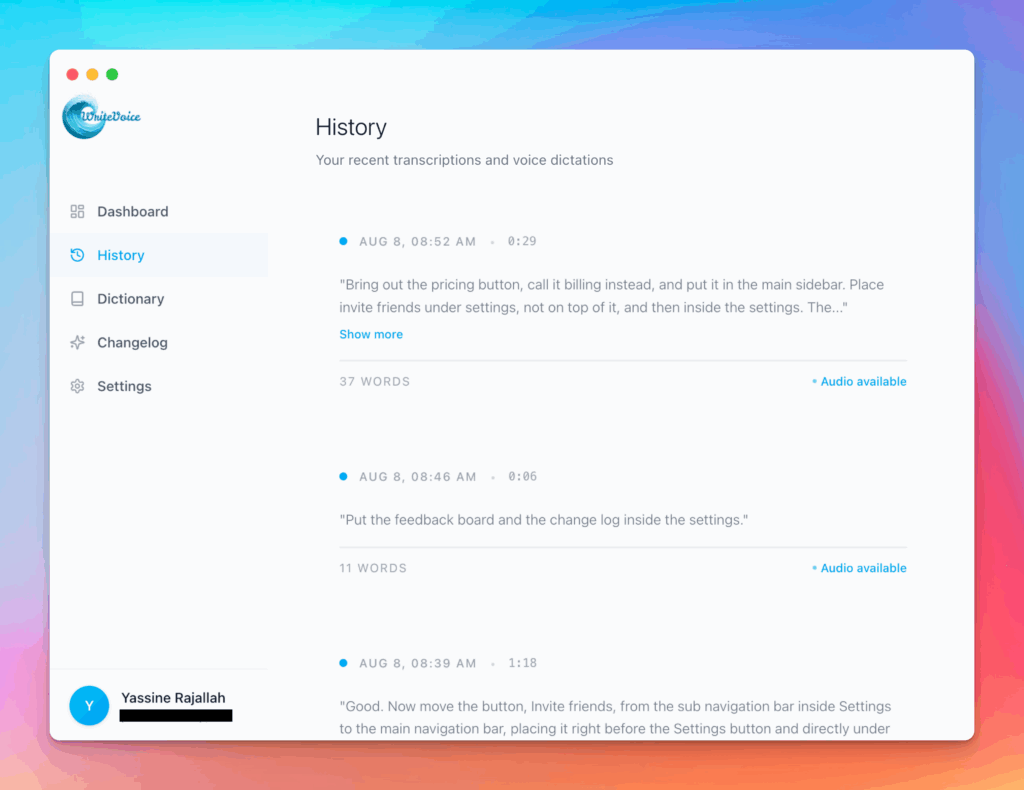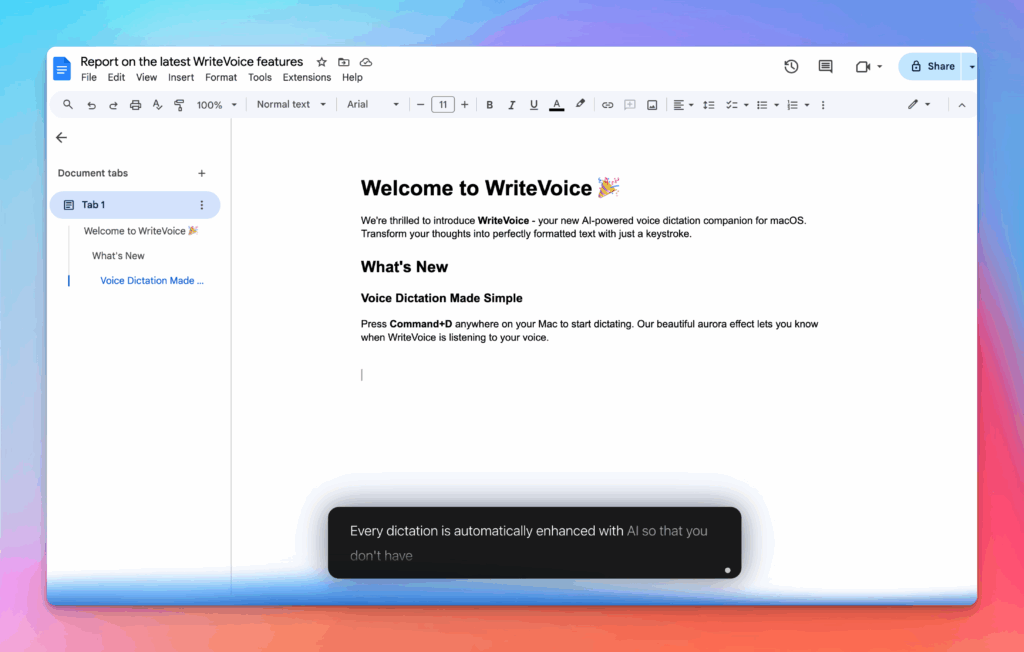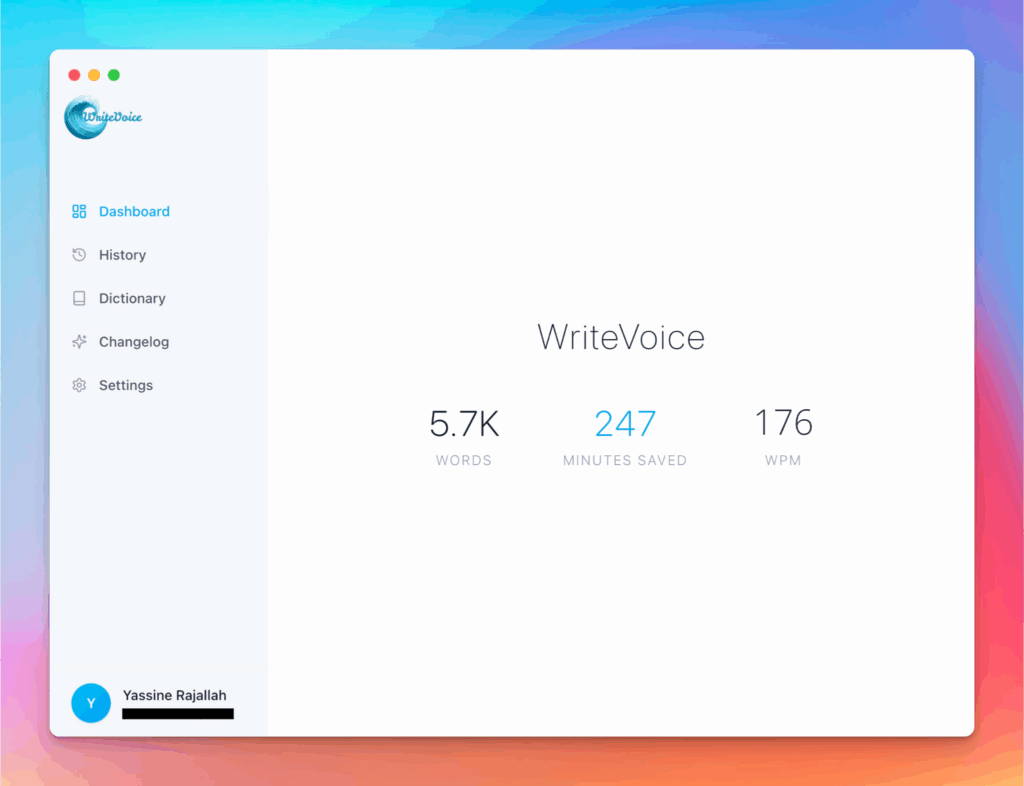Post Money Valuation Calculator
Post-money valuation determines ownership. Calculate dilution and cap table changes after investment.
How the Post Money Valuation Calculator works
Calculate post-money value from investment terms. Determine share prices, dilution percentages, and pro-forma cap tables for funding rounds.
Post-money math drives dilution. This calculator clarifies ownership changes for better negotiation outcomes.
How it works
Tutorial
Post-money valuation determines company value immediately after investment, including the new capital. Understanding the difference between pre-money and post-money valuations is critical for founders and investors because it directly affects ownership percentages and dilution. Calculating post-money valuation helps determine investor equity stakes and construct accurate cap tables for fundraising rounds.
You have two options: use the calculator above to calculate post-money valuations with dilution analysis, or follow this guide to manually perform post-money calculations.
The Formula
| Component | Formula |
|---|---|
| Post-Money Valuation | Pre-Money Valuation + Investment Amount |
| Investor Ownership % | (Investment ÷ Post-Money Valuation) × 100 |
| Pre-Money from Offer | (Investment ÷ Equity %) – Investment |
| Share Price | Post-Money Valuation ÷ Total Shares Post-Investment |
Step-by-Step Calculation
Let’s calculate post-money valuation for a Series A fundraise.
Step 1: Establish Pre-Money Valuation
Determine company value before new investment:
| Component | Value |
|---|---|
| Negotiated Pre-Money Valuation | $8,000,000 |
| Investment Amount | $2,000,000 |
Step 2: Calculate Post-Money Valuation
Add investment to pre-money value:
| Component | Value |
|---|---|
| Pre-Money Valuation | $8,000,000 |
| New Investment | + $2,000,000 |
| Post-Money Valuation | $10,000,000 |
Calculation: $8,000,000 + $2,000,000 = $10,000,000
Step 3: Calculate Investor Ownership Percentage
Determine how much equity investor receives:
| Step | Calculation | Result |
|---|---|---|
| Divide investment by post-money | $2,000,000 ÷ $10,000,000 | 0.20 |
| Convert to percentage | 0.20 × 100 | 20.0% |
Calculation: ($2,000,000 ÷ $10,000,000) × 100 = 20%
Step 4: Calculate Founder Dilution
Determine how much ownership founders give up:
| Party | Pre-Investment % | Post-Investment % | Dilution |
|---|---|---|---|
| Founders | 100% | 80% | -20% |
| New Investors | 0% | 20% | +20% |
Reasoning: Founders owned 100%, now own 80% after investment—diluted by 20 percentage points.
Step 5: Calculate Share Counts and Price
Determine shares issued and price per share:
| Component | Calculation | Value |
|---|---|---|
| Existing Shares (pre-money) | Given | 8,000,000 |
| New Shares for Investors | 8,000,000 × (20% ÷ 80%) | 2,000,000 |
| Total Shares Post-Investment | 8,000,000 + 2,000,000 | 10,000,000 |
| Price Per Share | $2,000,000 ÷ 2,000,000 | $1.00 |
Calculation: $2,000,000 investment ÷ 2,000,000 new shares = $1.00/share
Step 6: Build Pro Forma Cap Table
Show ownership structure post-investment:
| Shareholder | Shares | Ownership % | Value @ Post-Money |
|---|---|---|---|
| Founders | 8,000,000 | 80.0% | $8,000,000 |
| Series A Investors | 2,000,000 | 20.0% | $2,000,000 |
| Total | 10,000,000 | 100.0% | $10,000,000 |
Step 7: Calculate Reverse (From Equity Offer to Pre-Money)
If investor offers “$2M for 25%”, calculate implied pre-money:
| Step | Calculation | Result |
|---|---|---|
| Calculate post-money | $2,000,000 ÷ 0.25 | $8,000,000 |
| Subtract investment | $8,000,000 – $2,000,000 | $6,000,000 |
Calculation: ($2,000,000 ÷ 0.25) – $2,000,000 = $6,000,000 pre-money
Reasoning: An offer of “$2M for 25%” implies $6M pre-money, $8M post-money—lower than the $8M pre-money in our example.
Step 8: Compare Multiple Investment Scenarios
Analyze different raise amounts at same pre-money:
| Scenario | Investment | Pre-Money | Post-Money | Investor % | Founder % |
|---|---|---|---|---|---|
| Small Raise | $1.5M | $8.0M | $9.5M | 15.8% | 84.2% |
| Target Raise | $2.0M | $8.0M | $10.0M | 20.0% | 80.0% |
| Large Raise | $3.0M | $8.0M | $11.0M | 27.3% | 72.7% |
Reasoning: Raising more capital at the same pre-money valuation causes greater dilution.
Step 9: Calculate Fully Diluted Ownership
Account for option pool if present:
| Component | Shares | % Fully Diluted |
|---|---|---|
| Founders | 8,000,000 | 72.7% |
| Option Pool (10%) | 1,100,000 | 10.0% |
| Series A Investors | 1,900,000 | 17.3% |
| Total Fully Diluted | 11,000,000 | 100.0% |
Note: When creating option pools, specify whether they’re included in pre-money or post-money to determine who gets diluted.
Final Answer: With $2M investment at $8M pre-money, post-money valuation is $10M, giving investors 20% ownership at $1.00/share
What This Means
Post-money valuation determines actual ownership stakes after investment closes. At $10M post-money with $2M invested, investors own exactly 20%—simple math but critical for cap table management. Founders must understand that higher valuations are only better if dilution is controlled; raising $3M at $8M pre-money (27.3% dilution) is worse for founders than raising $2M at $7M pre-money (22.2% dilution), despite the higher valuation. Always calculate both pre and post-money to understand true dilution impact.
Meet the fastest voice-to-text for professionals
WriteVoice turns your voice into clean, punctuated text that works in any app. Create and ship faster without typing. Your first step was Post Money Valuation Calculator; your next step is instant dictation with WriteVoice.
A blazing-fast voice dictation
Press a hotkey and talk. WriteVoice inserts accurate, formatted text into any app, no context switching

Works in any app
Press one hotkey and speak; your words appear as clean, punctuated text in Slack, Gmail, Docs, Jira, Notion, and VS Code—no context switching, just speed with writevoice

Accurate, multilingual, and smart
97%+ recognition, smart punctuation, and 99+ languages so your ideas land first try, built for teams and pros.

Private by default
Zero retention, audio and text are discarded instantly, with on-device controls so you can dictate sensitive work confidently.

